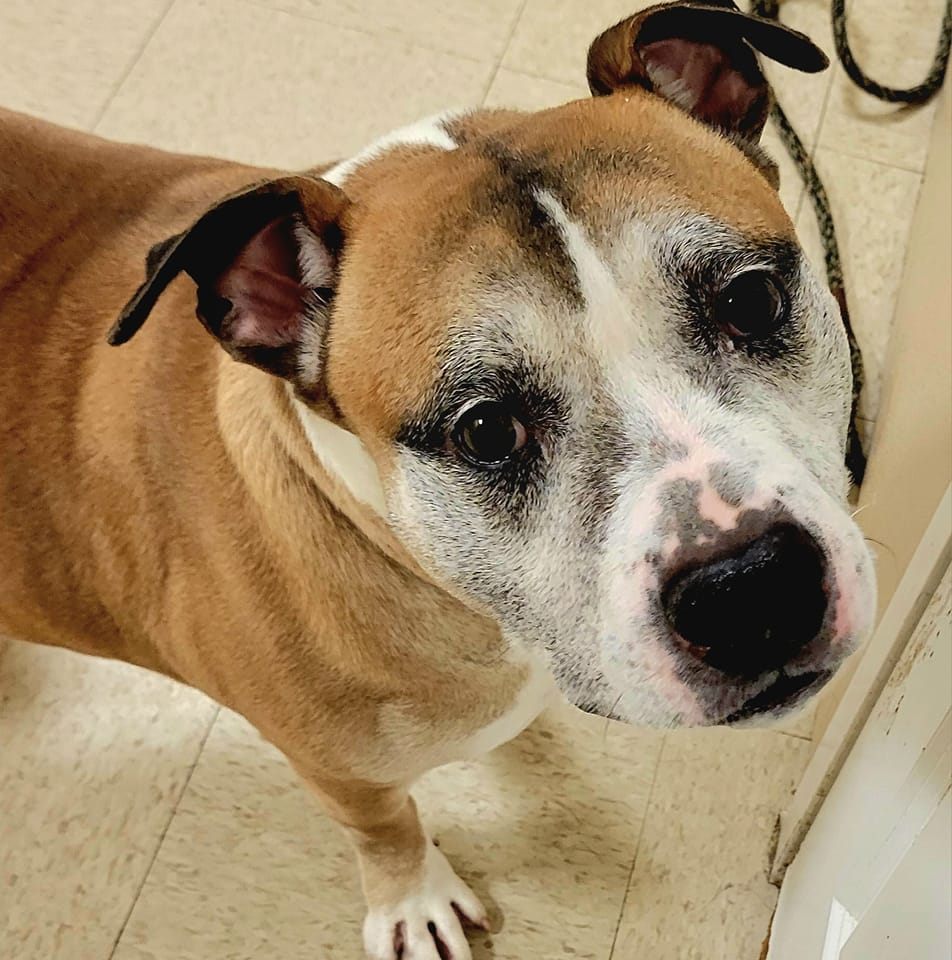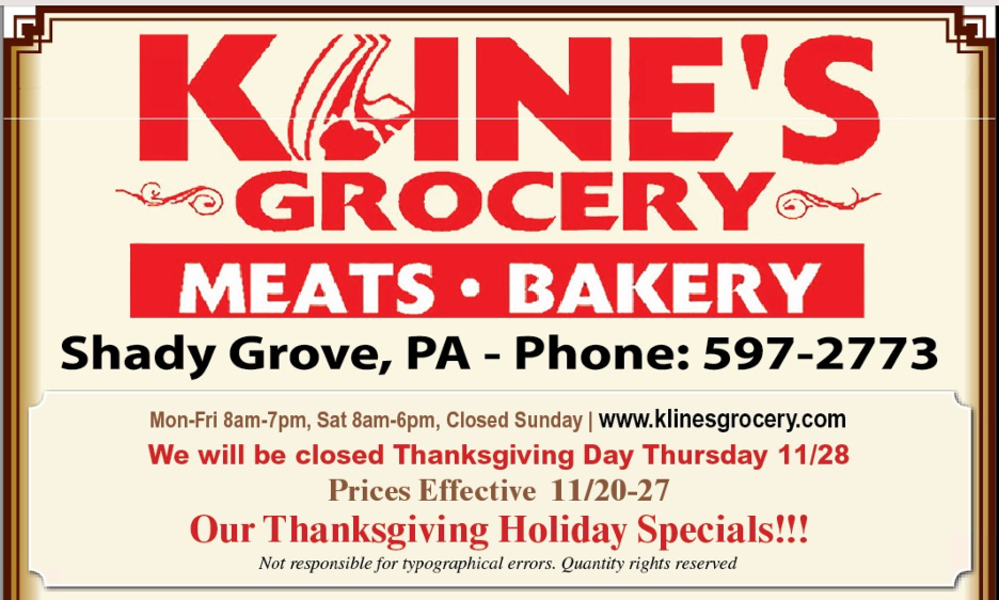Too often we hear visitors mention that we have too many pit bulls. While we do have several “block heads” here waiting for their forever homes, we would like to address the issue with breed labels.
First and foremost, the only way to tell what a dog’s breed truly is is through DNA testing, an expense shelters cannot justify. Did you know, according to the Animal Farm Foundation – the leading organization fighting breed discrimination – when shelters label dogs based exclusively on their looks they are wrong more than 75% of the time? And sadly, because so many dogs are labeled as pit bulls in shelters solely because they have a blocky head commonly attributed to “bully” breeds, these very friendly dogs sit in shelters far longer than necessary, and even worse, are often euthanized for looks alone.
The stigma against pit bulls is deeply rooted in our society, which causes some communities to enact breed specific legislation, banning the breed from being owned by residents. It also leads to landlords and insurance companies banning renters and customers from owning “pit bulls,” despite the extensive scientific research into dog breeds and DNA proving most of these labels to be incorrect.
We here at Antietam Humane Society, like many shelters nationwide, are actively fighting this stigma by steering away from breed labels and instead using the dog’s background and personality to find their ideal home. Based on data collected from The Veterinary Journal, when shelters stop labeling dogs whose breed they are not certain of, adoptions increase and euthanasia decreases for dogs across the board.
Every dog is an individual with its own history. When looking to adopt, it is so important to learn a dog’s personality as shelter staff and volunteers have observed. Breeds certainly have specific tendencies – Terriers have a high prey drive, Shepherds are protective, Huskies are loud, etc., but all this is a very small part of what makes the whole dog, and when adopters look at breed alone, there are negative effects across the board.
Of these negative consequences, we of course have perfectly friendly “pitbull” type dogs being overlooked; but we have also had popular, in-demand dogs (e.g. Golden Retriever, Husky, Maltese, etc.) that have traumatic histories getting adopted almost immediately and then returned just as quickly because they need a more structured home than the friendly “pitbull.” Both of these scenarios are very common when adopters look primarily at breed rather than story.
Just like people’s personalities are shaped by their upbringing and environment, the same is true for dogs, and it is our goal to encourage adopters to move beyond seeing breed first before even learning about the dog as an individual. It is time to end breed discrimination and meet every animal where they are and from where they came.
To learn more about our positions and values for other shelter related issues, visit our webpage at www.antietamhumanesociety.org/about-us.
Kacie L. Morrell is the executive director of Antietam Humane Society.






















